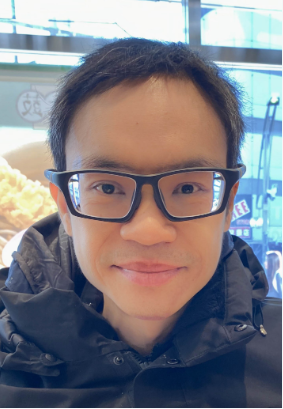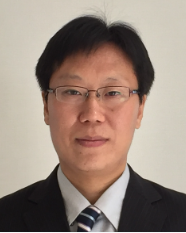
Prof. Dusit (Tao) NiyatoIEEE Fellow, IET Fellow, Nanyang Technological University, SingaporeBio: Dusit Niyato (M'09-SM'15-F'17) is a professor in the College of Computing and Data Science, at Nanyang Technological University, Singapore. He received B.Eng. from King Mongkuts Institute of Technology Ladkrabang (KMITL), Thailand and Ph.D. in Electrical and Computer Engineering from the University of Manitoba, Canada. His research interests are in the areas of mobile generative AI, edge intelligence, quantum computing and networking, and incentive mechanism design. |
|
Prof. Celimuge WuIEEE Senior Member, University of Electro-Communications, Tokyo, JapanBio: Celimuge Wu received his PhD degree from the University of Electro-Communications, Tokyo, Japan, in 2010. He is a full professor & Director of Meta-Networking Research Center, The University of Electro-Communications. His research interests include Vehicular Networks, Internet-of-Things, Edge Computing, and Application of Machine Learning in Wireless Networking. He has published 200+ papers in reputable journals and conferences. He serves as an associate editor of IEEE Transactions on Cognitive Communications and Networking, IEEE Transactions on Network Science and Engineering, IEEE Transactions on Green Communications and Networking, and IEEE Open Journal of the Computer Society. He also has been a guest editor of IEEE Transaction on Intelligent Transportation Systems, IEEE Transactions on Emerging Topics in Computational Intelligence, IEEE Computational Intelligence Magazine etc. He is a recipient of the 2021 IEEE Communications Society Outstanding Paper Award, 2021 IEEE Internet of Things Journal Best Paper Award, IEEE Computer Society 2020 Best Paper Award, and IEEE Computer Society 2019 Best Paper Award Runner-Up. He is/has been a TPC Co-Chair of IEEE International Smart Cities Conference 2021 (https://attend.ieee.org/isc2-2021/), a TPC Co-chair of the 2021 IEEE Autonomous Driving AI Test Challenge (http://av-test-challenge.org/index.html), a General Chair (Lead) of ICT-DM 2021 (http://ict-dm.org/), a TPC Co-chair of Wireless Days 2021 (https://wd2021.dnac.org/), a Track Chair (Lead) of IEEE VTC-Spring 2020 (https://events.vtsociety.org/vtc2020-spring/), a Track Chair (Lead) of ICCCN 2019 (http://www.icccn.org/icccn19/index.html), and a Track Chair of IEEE PIMRC 2016 (https://pimrc2016.ieee-pimrc.org/). He is the chair of IEEE TCBD Special Interest Group on Big Data with Computational Intelligence, and IEEE TCGCC Special Interest Group on Green Internet of Vehicles. He is a senior member of IEEE. |
|

